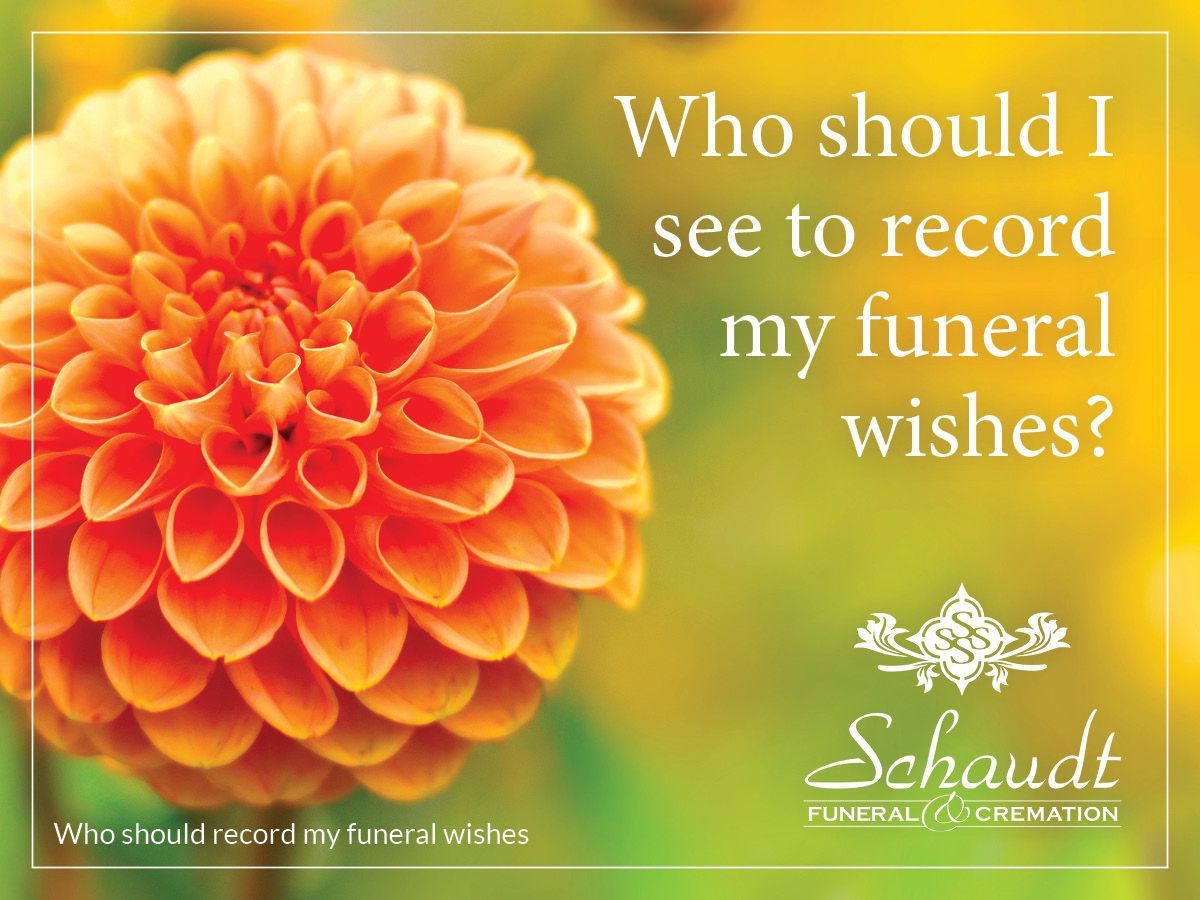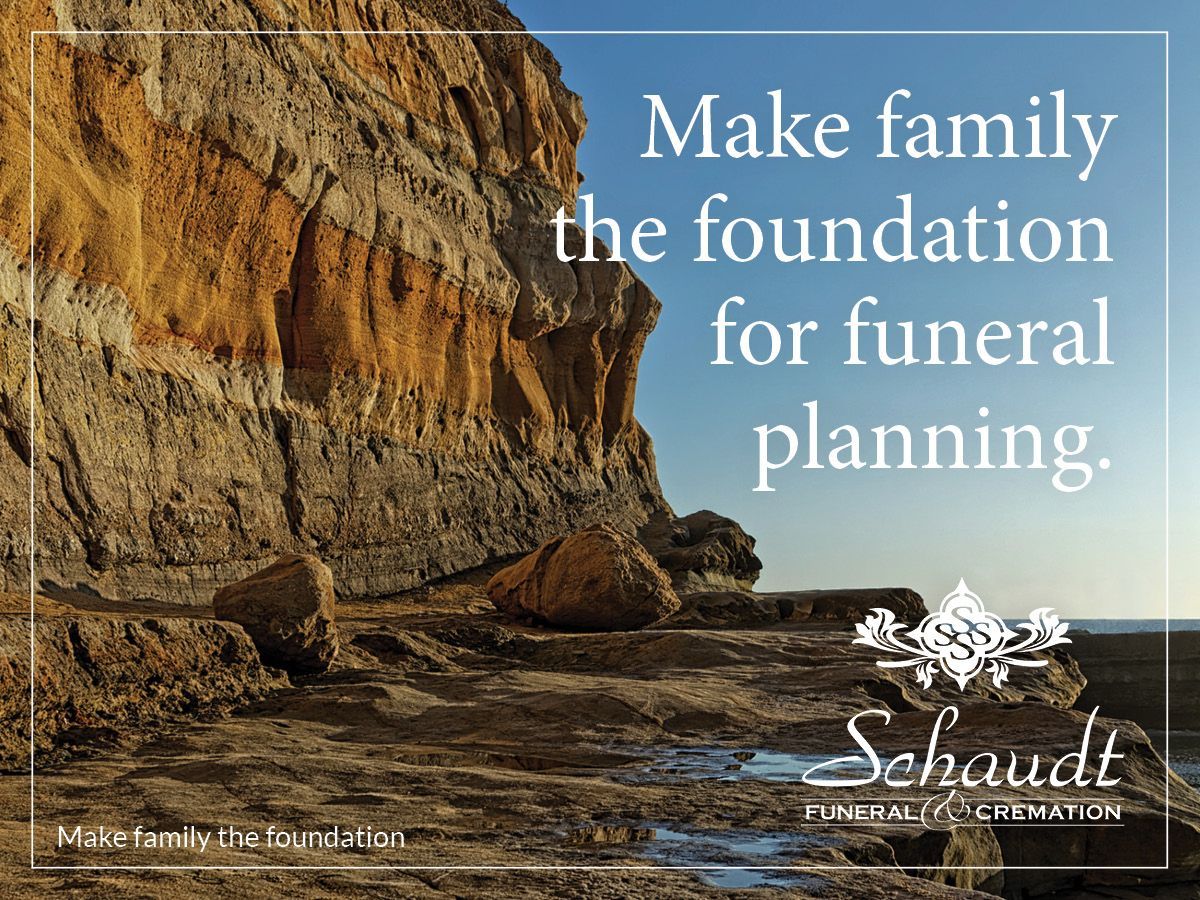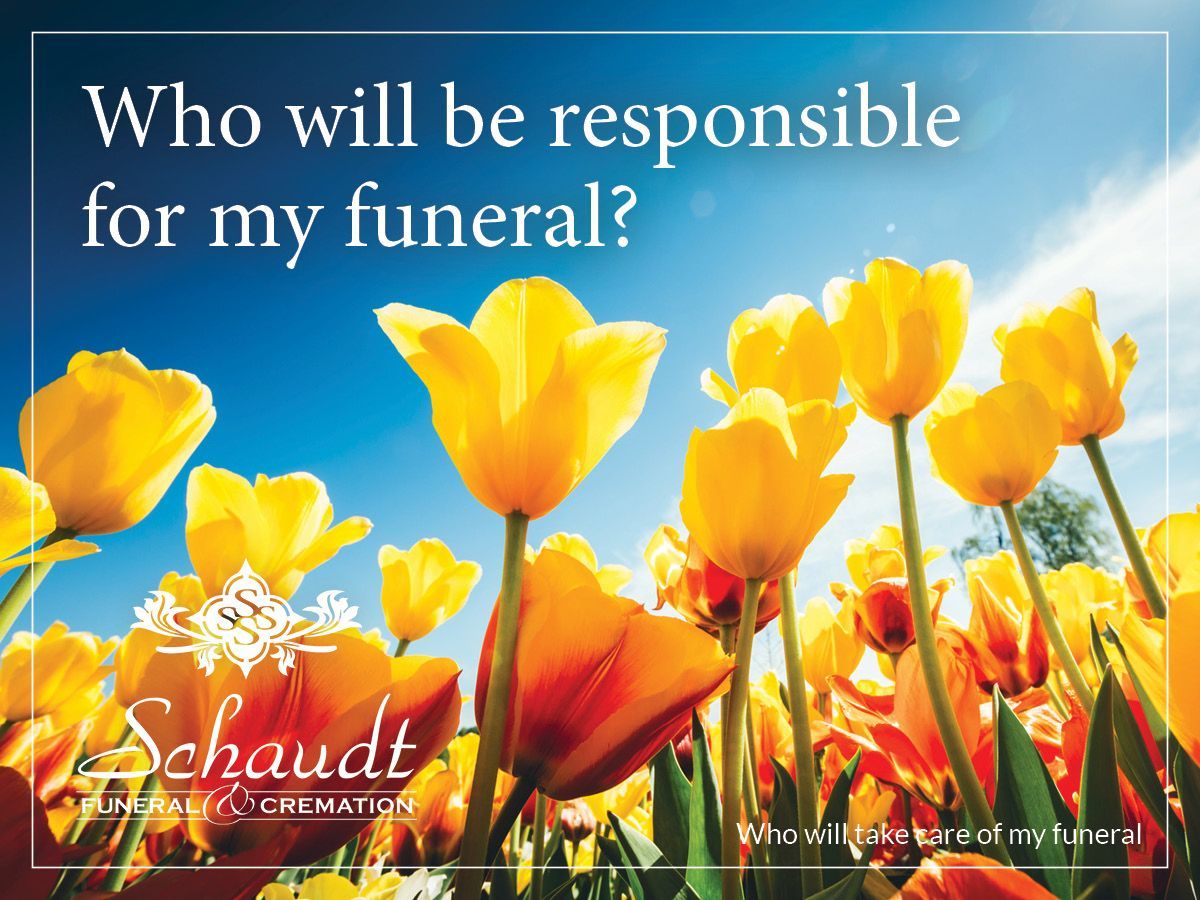Grief's Journey Through Different Cultural Lenses | Key Insights
Grief, a universal human experience, manifests differently across cultures. While the pain of losing a loved one is something everyone can relate to, the rituals, customs, and expressions of sorrow vary widely from one community to the next. For instance, funeral homes in Glenpool, OK, may conduct ceremonies distinct from those halfway across the globe. This article delves into the diverse ways people mourn and remember their departed. Understanding grief through different cultural lenses gives us a deeper appreciation of the intricate tapestry of human emotions and traditions. As we explore these various perspectives, we'll find much to learn about the profound ways in which cultures honor their dead. Join us on this enlightening journey.
The African Mourning Rituals
In many African societies, grief and mourning are not private matters but shared community experiences. Rituals often involve music, dancing, and drumming to celebrate the deceased's life and assist their journey to the afterlife. Some communities believe that the dead remain close, watching over the living ensuring that rituals are carried out correctly. Consequently, elaborate and heartfelt mourning practices become essential to appease and honor the deceased spirit. Across different African cultures, these rituals serve as a farewell to the departed and a vital process of healing for the bereaved.
Latin American Day of the Dead
Contrary to many Western concepts of mourning, several Latin American countries celebrate "Día de los Muertos" or "Day of the Dead," blending sadness with festivity. On this day, families gather to honor the deceased by setting up colorful altars adorned with flowers, candles, and favorite foods of the departed. They believe that the spirits return to the world of the living during this period. Though tinged with sadness, this celebration emphasizes the cyclical nature of life and death and the enduring connections between the living and the dead.
Asian Ancestral Reverence
In many Asian cultures, honoring ancestors plays a pivotal role in understanding and expressing grief. In China, for instance, the Qingming Festival, also known as Tomb-Sweeping Day, is dedicated to paying respects to the departed by cleaning their graves and making ritual offerings. Similarly, in Japan, ancestral spirits are believed to return to their families during the "Obon" festival. Lanterns and dances are lit, ensuring the souls find their way back. These practices underscore a deep-seated belief in the deceased's continued presence in the living's daily lives.
Middle Eastern Mourning Traditions
Mourning in the Middle East often revolves around strict religious guidelines and traditions. In Islam, for example, it's customary for the deceased to be buried as soon as possible, usually within 24 hours, followed by a mourning period extending up to 40 days. Family and friends gather to recite prayers and offer support during this time. Emphasis is placed on accepting death as God's will, and rituals often focus on helping the bereaved find solace in their faith. The communal nature of these mourning practices emphasizes the supportive role of the community during times of loss.
Western Expressions of Grief
In many Western societies, grief tends to be a more private experience marked by individual reflections and memories. Funerals often include eulogies, where loved ones share personal stories and anecdotes about the deceased, highlighting their life and legacy. Memorials, either in the form of physical landmarks or charitable deeds, are often established in the dead's honor. Increasingly, there's a focus on celebrating the life lived rather than merely mourning the loss. This approach encourages a perspective shift, allowing mourners to cherish the memories and positive impact of the departed, helping them navigate their grief journey.
In traversing the diverse landscapes of grief across various cultures, we unearth the rich tapestry of human emotions, rituals, and customs surrounding losing a loved one. These practices remind us of the universality of grief. Yet, they also spotlight the unique ways communities around the world navigate this challenging journey. Funeral homes in Glenpool, OK, like Schaudt's Funeral Service & Cremation Care Centers, understand the intricacies of blending cultural practices with personalized services. Reflecting on global mourning traditions reinforces the importance of honoring and cherishing each individual's grief journey. Suppose you or a loved one seeks compassionate guidance during a loss. In that case, we invite you to contact Schaudt's Funeral Service & Cremation Care Centers. Our commitment is to stand by you, respecting and celebrating every unique grief story.













